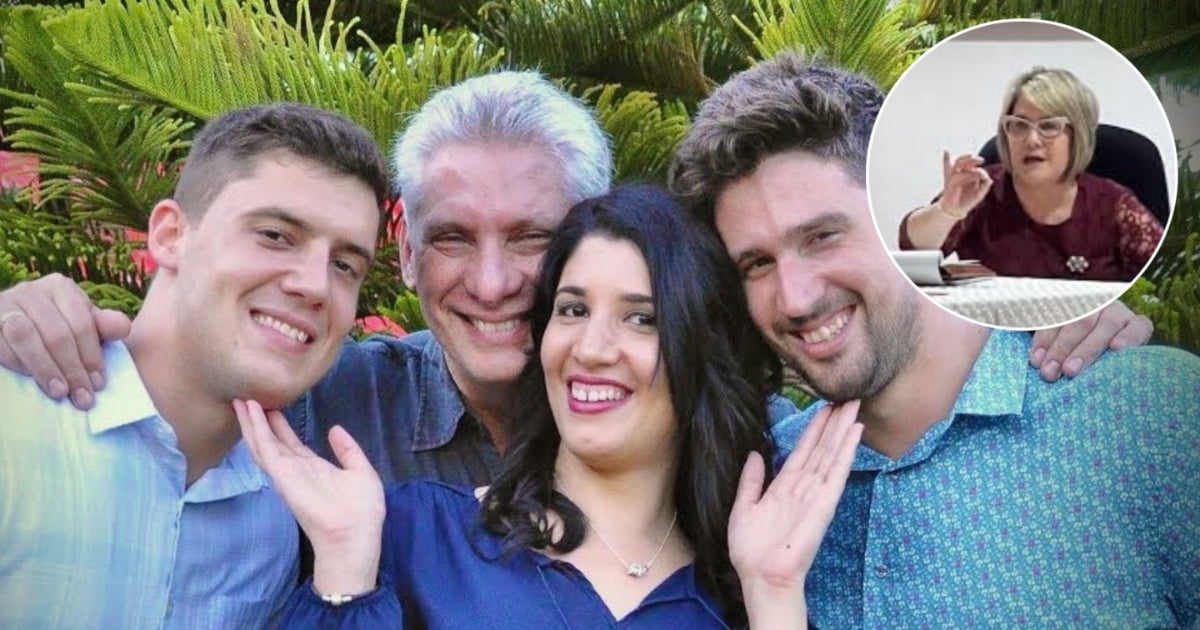In an unprecedented move, the United States government imposed sanctions this Friday on Cuban leader Miguel Díaz-Canel for his involvement in "severe human rights violations." This action coincides with the anniversary of the July 11, 2021 protests in Cuba. Announced by the State Department, these sanctions include a travel ban to the U.S. for Díaz-Canel and his immediate family members.
In a statement exclusive to the Miami Herald, officials from the Trump administration revealed that the sanctions were enacted under a provision of the State Department Appropriations Act for fiscal year 2025. This clause prohibits the entry of foreign officials implicated in significant corruption or human rights abuses.
The sanctions extend beyond Díaz-Canel to encompass Defense Minister Álvaro López Miera and Interior Minister Lázaro Alberto Álvarez Casas, along with their close relatives. The U.S. administration emphasized that these measures are part of its commitment to hold the Cuban regime accountable for the harsh repression following the 2021 demonstrations. "The United States will never forget the Cuban people's resilience four years ago as they demanded freedom and a future without tyranny," a senior official remarked to the Miami Herald.
Additionally, visa restrictions were imposed on several unidentified Cuban judicial and prison officials accused of being responsible for or complicit in arbitrary detentions and acts of torture against the 11J protestors. Due to immigration confidentiality, the names of those affected were not disclosed.
As part of a broader diplomatic initiative, the State Department has also updated its List of Prohibited Accommodations in Cuba, adding eleven new hotels, including recently inaugurated luxury properties in Havana linked to the military conglomerate GAESA.
These sanctions could potentially prevent Díaz-Canel from attending international events such as the United Nations General Assembly, where he has appeared in the past. His presidential term is set to conclude in 2028. This decision echoes similar precedents: in 2019, former President Donald Trump applied comparable sanctions to Raúl Castro and his children.
Through this action, Washington strengthens its policy of pressure against Cuba's ruling elite and reiterates its condemnation of the systemic repression against dissidents, many of whom remain imprisoned for their involvement in the July 2021 protests.
Frequently Asked Questions about U.S. Sanctions on Cuban Officials
Why did the U.S. impose sanctions on Díaz-Canel?
The U.S. sanctioned Díaz-Canel due to his involvement in severe human rights violations, particularly in the context of the July 2021 protests in Cuba.
Who else was affected by the sanctions?
Alongside Díaz-Canel, Defense Minister Álvaro López Miera, Interior Minister Lázaro Alberto Álvarez Casas, and their families were also sanctioned.
What impact do these sanctions have?
The sanctions include travel bans to the U.S., which could prevent Díaz-Canel from attending international events such as the UN General Assembly.
